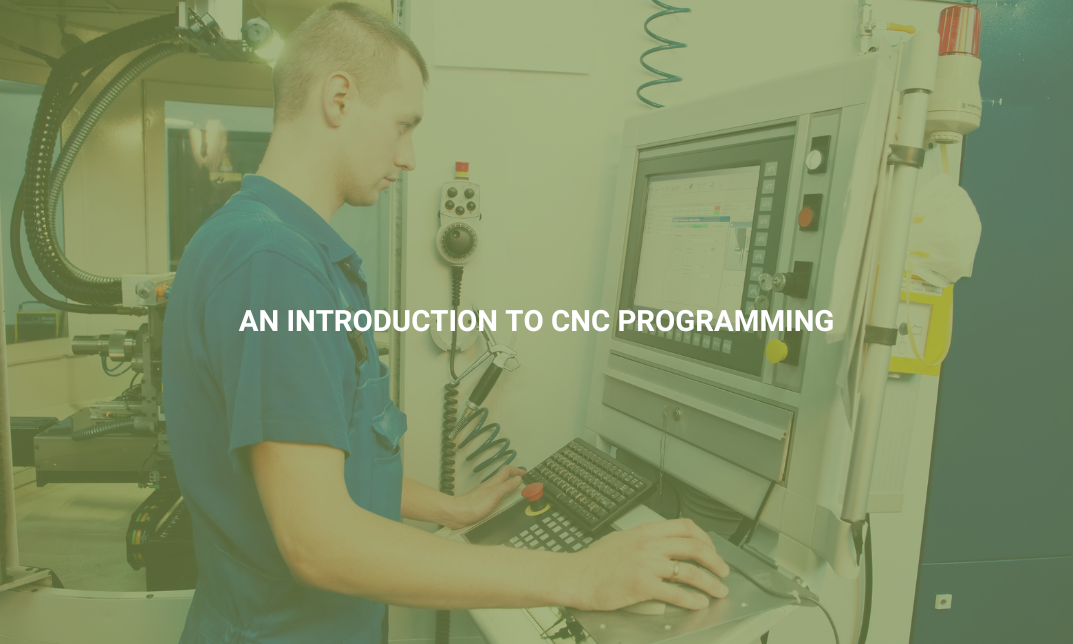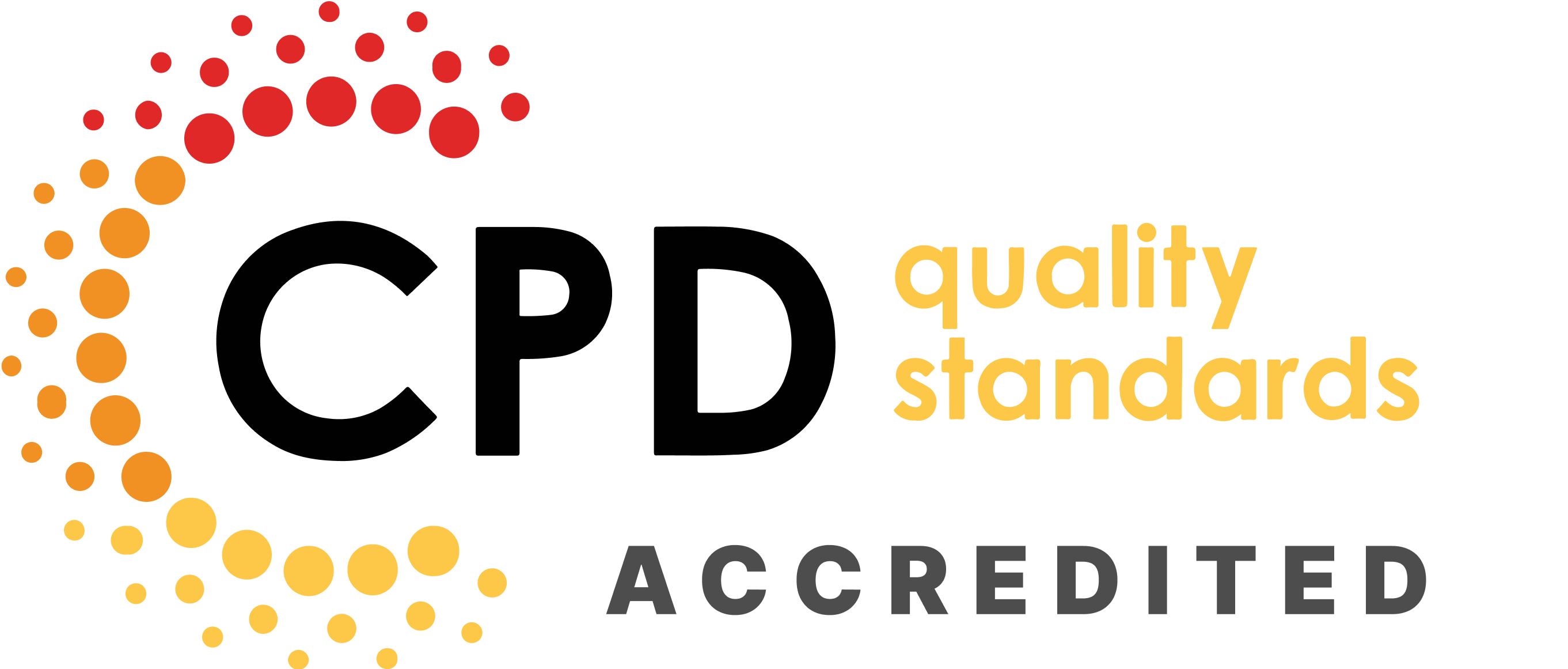An Introduction to CNC Programming Overview
An Introduction to CNC Programming is a comprehensive course designed to equip you with foundational skills in CNC (Computer Numerical Control) programming. This course covers the essentials of CNC systems, including their components, programming formats, and machine types. You will learn how to write and implement CNC programs, understand different coordinate systems, and explore both basic and advanced programming techniques. By the end of the course, you’ll be capable of operating CNC machines and programming them efficiently for various applications.
Learning Outcomes
- Understand and apply fundamental principles relevant to the field.
- Develop proficiency in using industry-standard tools and technologies.
- Demonstrate the ability to analyse and solve complex problems.
- Communicate effectively within a professional context.
- Collaborate efficiently in team-based projects.
- Apply ethical considerations and best practices in professional scenarios.
- Conduct thorough research and utilise critical thinking skills.
- Adapt to new challenges and continuous learning opportunities.
- Integrate theoretical knowledge with practical application.
- Prepare and deliver professional presentations and reports.
Who Is This Course For
This course is ideal for individuals seeking to advance their careers in a specialised field. Whether you are a recent graduate looking to enhance your qualifications, a professional aiming to upskill, or someone considering a career change, this course provides the necessary foundation and advanced knowledge to achieve your goals. It is also suitable for those with a passion for continuous learning and personal development.
Eligibility Requirements
To enrol in An Introduction to CNC Programming, participants should have a solid grasp of relevant subjects or disciplines and a strong interest in the field. This course is designed for recent graduates, professionals looking to enhance their skills, and individuals aiming to transition into the industry.
Entry Requirements
- Age Requirement: Applicants must be aged 16 or above, allowing both young learners and adults to engage in this educational pursuit.
- Academic Background: There are no specific educational prerequisites, opening the door to individuals from diverse academic histories.
- Language Proficiency: A good command of the English language is essential for comprehension and engagement with the course materials.
- Numeracy Skills: Basic numeracy skills are required to effectively understand and work with course-related information.
Why Choose Us
- Affordable, engaging & high-quality e-learning study materials;
- Tutorial videos/materials from the industry-leading experts;
- Study in a user-friendly, advanced online learning platform;
- Efficient exam systems for the assessment and instant result;
- The UK & internationally recognised accredited
- Access to course content on mobile, tablet or desktop from anywhere, anytime;
- The benefit of career advancement opportunities;
- 24/7 student support via email.
Career Path
Completing the Diploma in Data Analysis Fundamentals opens up various career opportunities in the field of data analysis and process management. Graduates can pursue roles such as data analysts, process improvement specialists, and quality control analysts. The skills gained from this course also prepare learners for more advanced studies and certifications in data science and analytics.

 14-Day
Money-Back Guarantee
14-Day
Money-Back Guarantee













 Add to Cart
Add to Cart
